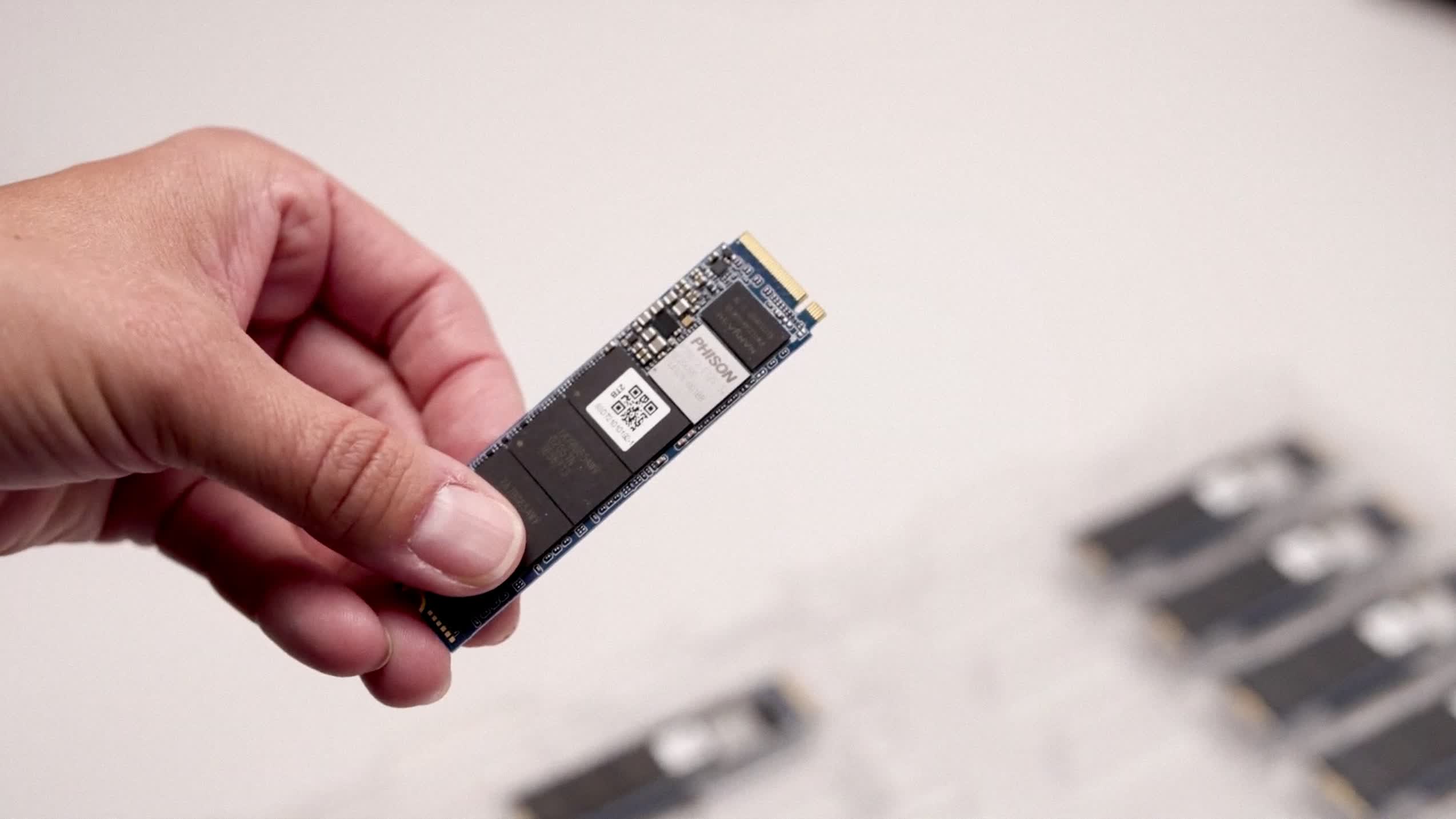- Aug 17, 2014
- 11,108
In brief: PCIe 5.0 SSDs for consumers have yet to land on the market, but manufacturers like Phison are hard at work developing controllers that will usher in the next generation of solid-state storage for enthusiasts who feel the need for speed.
The PCIe 5.0 standard was announced in 2019, right before PCIe 4.0 was finalized. As of today, PCIe 4.0 does little to improve performance even with the beefiest graphics card you can buy, but it has allowed SSD manufacturers to come up with some of the fastest consumer storage devices to date.
These drives reach speeds in excess of 7,000 megabytes per second, but as we've seen with Kioxia's prototype PCIe 5.0 SSD, it won't be long before we'll have access to NVMe drives that can reach over 14,000 megabytes per second. This is possible thanks to PCIe 5.0's 32 Gb per second of bandwidth per lane, which is double that of PCIe 4.0.
Phison says it's making progress on a next-generation SSD controller for M.2, U.3, E1.S, and E3.S form factors, which is aptly called E26 Gen5. The new customizable chip is based around Arm Cortex-R5 cores paired with an array of low-power accelerators collectively named CoXProcessor 2.0. It offers support for ONFI 5.x and Toggle 5.x NAND interfaces, as well as enterprise features like PCIe Dual Port, single root input/output virtualization (SR-IOV) and zoned namespaces (ZNS).
The company says it has avoided the use of several third-party IP blocks, which means it should have a faster time-to-market and better control over the firmware development than competitors like Silicon Motion. The E26 Gen5 chip will be manufactured using a 12 nm process node, and is already being sampled by motherboard and SSD manufacturers for testing and tuning. Phison doesn't have an exact date for when we can expect to see the first commercial products based on the new controller, but the company expects they'll land sometime in the second half of 2022.

Phison's new PCIe 5.0 NAND controller paves the way for faster SSDs
The PCIe 5.0 standard was announced in 2019, right before PCIe 4.0 was finalized. As of today, PCIe 4.0 does little to improve performance even with the...
 www.techspot.com
www.techspot.com
